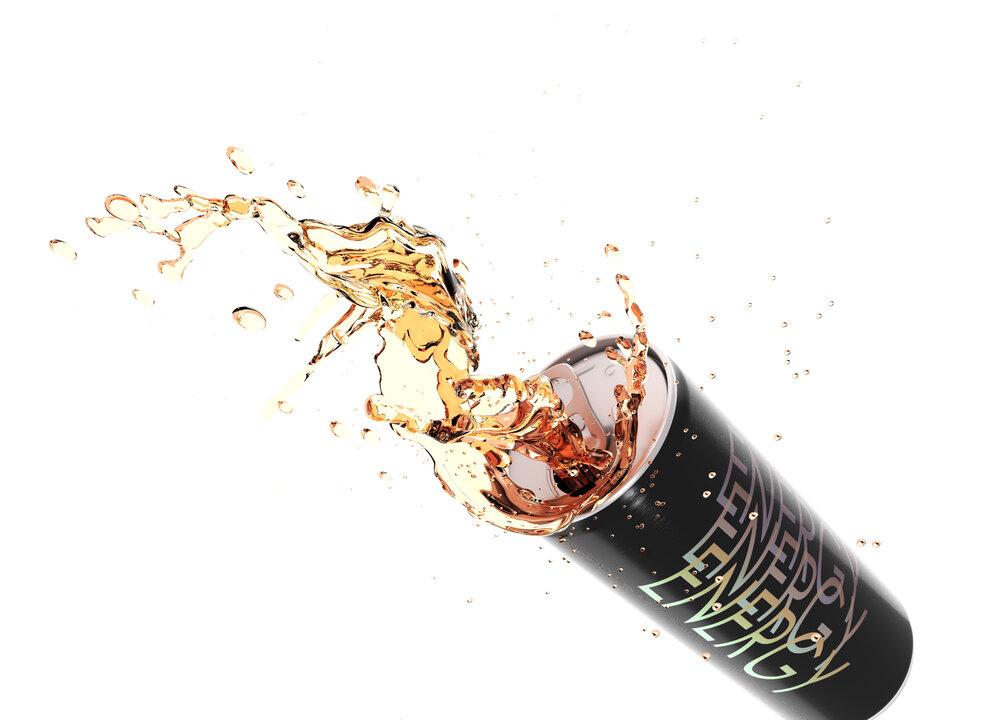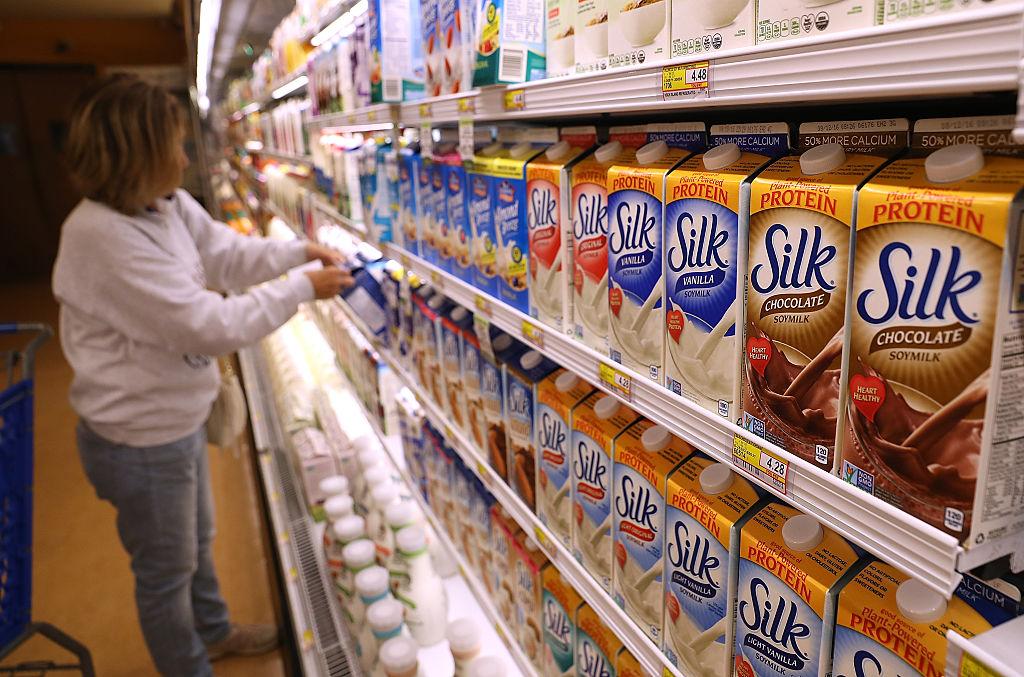The first energy drink dates back more than a half century: Dr. Enuf, launched in 1949. Now, there are more than 100 brands—an industry now selling $50 billion of the stuff a year. They’re popular on military bases, but some military leaders have questioned their safety, based on data like this: the skyrocketing number of energy drink-related emergency room visits over recent years. But, if you look at some of the reports, you see cases like this: 24-year-old guy who didn’t feel well after drinking a can of energy drink and three bottles of vodka.
Because energy drinks are often co-consumed with other substances, it’s hard to tease out the culprit. Same problem with population studies. Sure, “[a]dolescents drinking energy drinks are at risk of a wide range of negative outcomes,” but energy-drink consumers are also more likely to drink soda and have other unhealthy habits, are more likely to binge drink, take diet pills, and engage in other risky behaviors. So, the only way to tease out the energy drink component is…to put it to the test.






